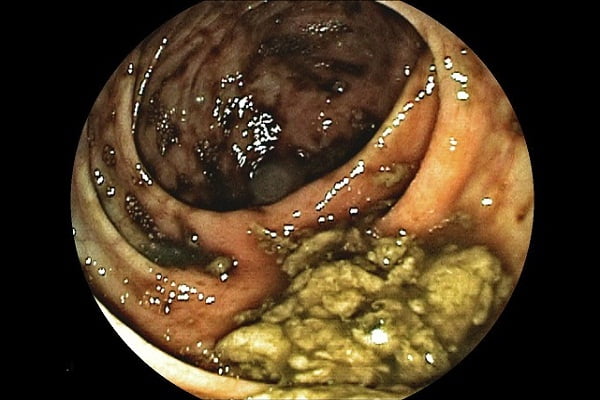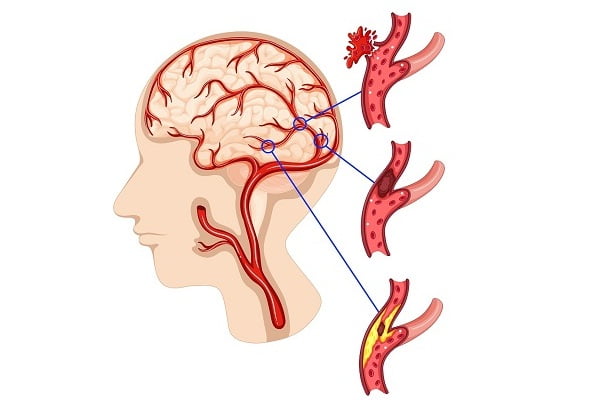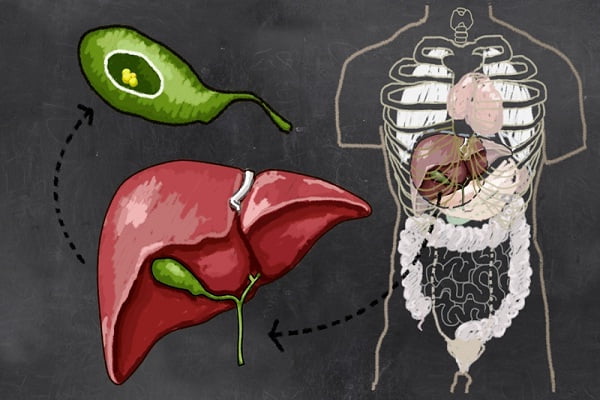Browsing: Cancers
 The page provides quick access to a list of common diseases, syndromes, health conditions, and other topics of health importance related to cancer. The list is organized alphabetically. Links are provided to respective diseases sections that serve as a comprehensive and ultimate guide about the disease or health condition.
The page provides quick access to a list of common diseases, syndromes, health conditions, and other topics of health importance related to cancer. The list is organized alphabetically. Links are provided to respective diseases sections that serve as a comprehensive and ultimate guide about the disease or health condition.
For normal growth and development of our body, cells continue to grow and divide to form new similar type of cells. If any cell starts dividing abnormally, it develops into a tumor which leads to cancer formation. Cancer can occur in any part of the body such as affecting the blood cells, bone, nerve, adrenal gland, ovaries etc.
There are several reasons that can turn a normal body cell to develop abnormally and become cancerous. Significant factors which can lead to various types of cancers are due to exposure of chemical or toxic compounds, ionizing radiation, certain pathogens and human genetics.
Cancer is among the leading causes of death worldwide. In 2012, about 14.1 million new cases and 8.2 million cancer-related deaths have been reported around the world. In women, breast cancer is most prevalent, whereas in men, prostate cancer is quite frequent. Lung cancer and colorectal cancer affect both men and women with high incidence rate.
There are over 200 different types of cancer. The most common type of cancers are breast cancer, lung and bronchus cancer, prostate cancer, colorectal cancer, skin cancer, bladder cancer, non-Hodgkin lymphoma, kidney and renal pelvis cancer, endometrial cancer, leukemia, pancreatic cancer, thyroid cancer and liver cancer.
What is Penile Cancer? Penile cancer or cancer of the penis is a rare form of cancer which affects the…
Overview of Penile Cancer (Cancer of the Penis)
Penile cancer is a rare type of cancer which usually occurs on the skin of the penis or inside the penis. Penile cancer most commonly affects men above the age of 50. Penile cancer develops either above or within the penis, which consists of several different types of cells.
Vitamin D Can Increase Survival Rates for Breast Cancer Patients
A new research study suggests that Vitamin D supplements could increase the survival rates for patients with breast cancer. Large clinical trials are already underway to look into this further.
What Is a Mammogram?
Mammogram is an essential instrument to detect breast cancer even if there are minor signs and symptoms. Mammogram takes pictures of the breasts with the help of small doses of X-rays. Any abnormal structures in the breasts can be detected with the help of a mammogram. But an abnormal result of a mammogram exam does not always mean that the woman is suffering from breast cancer.
Stage 4 Esophageal Cancer
Stage 4 esophageal cancer may be any size and has grown beyond the esophagus. The disease may have spread to lymph nodes or distant organs including the liver or abdominal cavity. Usually, stage 4 esophageal cancers are very hard to treat completely.
Unilateral vs Bilateral Retinoblastoma: What is Bilateral Retinoblastoma and how is it treated?
In children, retinoblastoma can occur in one or both of eyes. When the condition occurs in only one eye, it is called unilateral retinoblastoma. The term unilateral stands for one side. When the eye cancer is present in both the eyes, the condition is called bilateral retinoblastoma. The term bilateral stands for both sides.
Stage 4 Brain Cancer
Understanding Grading of Brain cancer For the diagnosis of tumor in the brain, doctors focus on factors such as the…
Stage 4 Gallbladder Cancer
It is estimated that about 4 out of 100 people with stage 4 gallbladder cancer may survive for 5 years or more after being diagnosed with the disease. Researchers are trying to find new ways to kill or stop the progression of primary and metastatic gallbladder cancer cells.
Brain is a complex structure and therefore, scientists have not been able to find a strategy to cure brain cancer till now. Several pieces of research indicate that when brain cells are modified, there are higher chances that the tumor in the brain is reduced.
What is Uterine Cancer? Uterine cancer is one of the most common type of gynecologic cancers that usually forms in…













